If your old dog suddenly wants to stay outside, it could be due to various reasons such as changes in weather, seeking solitude, or a health issue. Understanding the underlying cause is crucial in ensuring your pet’s well-being and happiness.
Understanding Senior Dogs
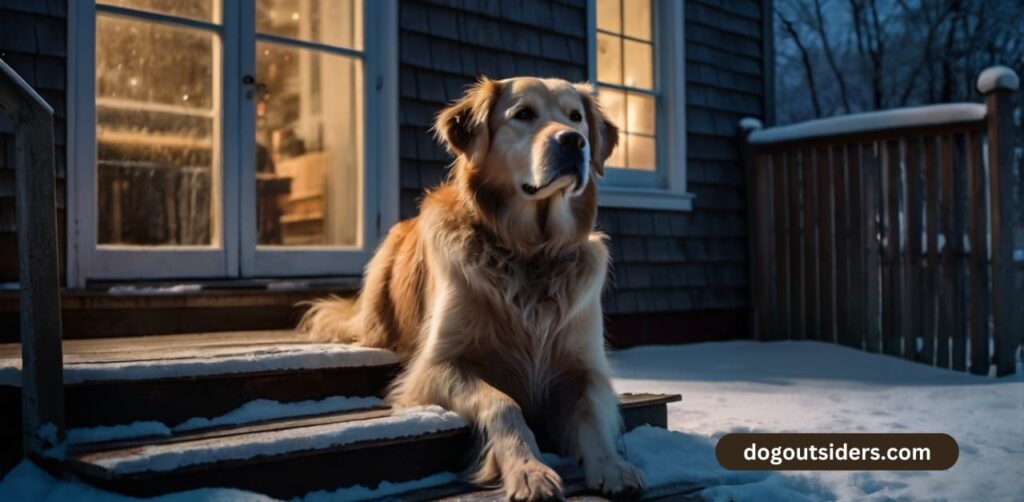
Behavioral Changes
Senior dogs may exhibit behavioral changes as they age, such as preferring to stay outside. This behavior shift is often due to age-related factors like decreased mobility or sensory issues. Providing a comfortable outdoor space can cater to their evolving needs.
Exercise and Mental Stimulation
Ensuring appropriate exercise for senior dogs is crucial in maintaining their physical health. Gentle walks and low-impact activities can help them stay active without straining their aging bodies. Mental stimulation through interactive toys or puzzle games can keep their minds sharp.
Regular Veterinary Check-ups
Regular veterinary check-ups are essential for older dogs to monitor their overall health and detect any potential issues early on. These check-ups allow veterinarians to address age-related concerns like arthritis, dental problems, or cognitive decline promptly. Early detection can lead to better management of senior dog’s health.
Joy of Outdoor Exploration
Encouraging Mental Stimulation
Encourage your senior dog to engage in outdoor activities for mental stimulation. This can help keep their mind sharp and alleviate boredom.
Create a stimulating environment in your yard by introducing new experiences like different textures, scents, and sounds.
Creating a Safe Environment
Ensure the outdoor area is senior-dog-friendly, free from hazards that could cause accidents.
Place water dishes strategically around the yard to prevent dehydration during playtime.
Allowing Natural Exploration
Allow your older dog to explore the outdoors at their own pace, without rushing them or forcing unfamiliar experiences.
Give them the freedom to wander and investigate interesting spots without interruption.
Addressing Discomfort in Older Dogs
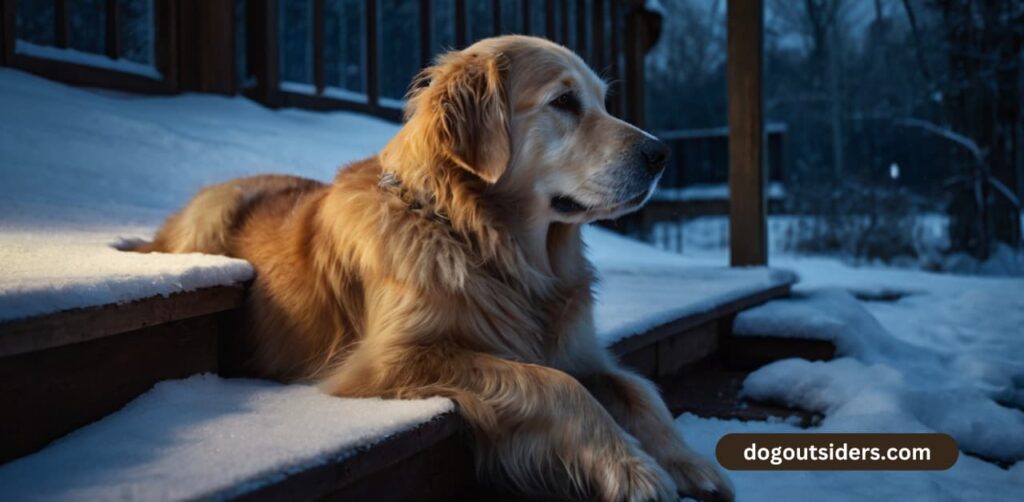
Potential Discomfort Sources
Older dogs may experience discomfort due to various reasons, such as arthritis or dental issues. These conditions can lead to pain and reluctance to move around freely.
Creating a Comfortable Environment
To help your senior dog, provide comfortable bedding that supports their joints and relieves pressure points. Adjust the living environment by ensuring easy access to food, water, and resting areas.
Consultation with a Veterinarian
If you notice signs of discomfort in your older dog, it’s crucial to consult with a veterinarian promptly. A professional can assess the situation, prescribe medication if necessary, and recommend suitable treatments.
Recognizing Signs of Depression
Changes in Behavior
Watch for signs of depression in your older dog, such as changes in appetite, sleep patterns, or overall mood. These symptoms can indicate underlying issues affecting their mental well-being.
Engaging Activities
Engage in activities that promote happiness and mental stimulation for your senior canine companion. Interactive toys, short walks, or gentle play sessions can uplift their spirits and combat feelings of loneliness.
Seeking Professional Help
If you notice persistent vocalizing, excessive sleeping, or lack of interest in activities your dog once enjoyed, it’s crucial to seek appraisal from a veterinarian. They can provide a thorough evaluation and recommend appropriate treatment options.
Coping with Anxious Old Dogs
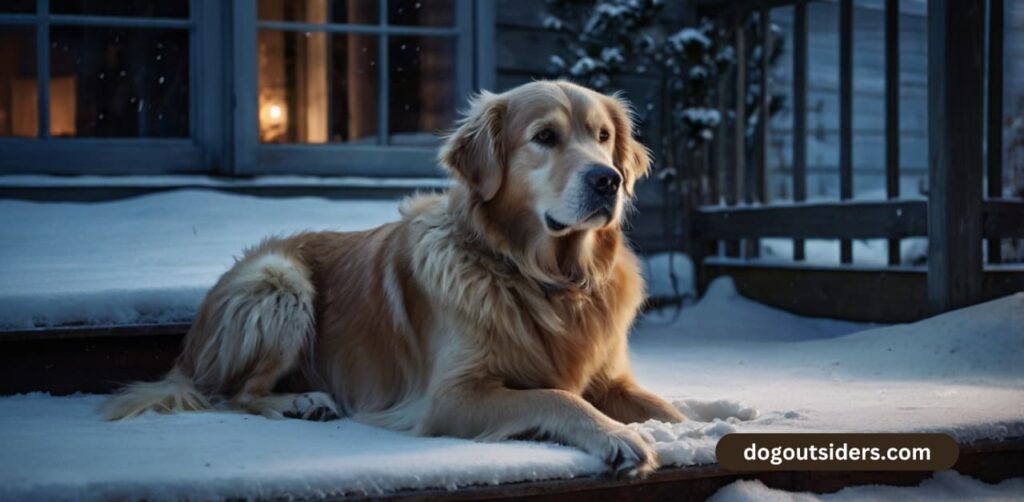
Establish Routine
Older dogs often benefit from a consistent routine to feel secure and reduce anxiety. Regular feeding times and daily walks can provide comfort.
Calming Techniques
Gentle massages or brushing sessions can help relax an anxious old dog. Playing soothing music in the background may also create a calming environment.
Natural Remedies and Consultation
Consider natural remedies like pheromone diffusers or calming supplements to manage anxiety in older dogs. It’s advisable to consult with a veterinarian for professional advice on anxiety management strategies.
Old dogs experiencing sudden changes in behavior, such as wanting to stay outside more, might be displaying signs of anxiety or discomfort due to aging. By establishing a consistent routine, using calming techniques like gentle massages or soothing music, and considering natural remedies or veterinary consultation, pet owners can help alleviate their elderly canine companions’ anxiety effectively.
Dealing with Cognitive Dysfunction
Mental Stimulation
Implement mental stimulation activities to support cognitive function in senior dogs. Engage your aging pet with interactive toys and puzzles that challenge their mind. These activities can help maintain cognitive abilities and prevent cognitive decline.
Dietary Supplements
Consider dietary supplements or medications recommended by a veterinarian for cognitive support. Certain supplements like omega-3 fatty acids and antioxidants can benefit brain health in older dogs. Consult with a professional to determine the most suitable options for your furry companion.
Behavioral Treatment
Explore behavioral treatment options to address cognitive dysfunction in older dogs. Certified Professional Dog Trainers (CPDT) can provide guidance on behavior modification techniques to manage symptoms of cognitive decline. These treatments aim to improve your dog’s quality of life and enhance their overall well-being.
Health-Related Isolation
Companionship
Provide companionship to older dogs facing health issues to prevent feelings of loneliness. Interact with them regularly to ensure they feel loved and cared for.
Create a routine that includes quality time spent together, such as gentle walks or cuddle sessions. Engage in activities that stimulate their mind and body.
Comfortable Living Space
Adjust your home environment to accommodate any mobility challenges your senior dog may experience. Ensure easy access to food, water, and resting areas.
Consider adding ramps or stairs to help them navigate the house more comfortably. Keep their living area warm and cozy, providing a safe haven for relaxation.
Curious Behavior Explained
Investigating Causes
Possible causes for an old dog suddenly wanting to stay outside can vary. Causes may include discomfort, anxiety, or a newfound preference for the outdoors. To address this question, observe your dog’s behavior closely.
Decoding Messages
Help your senior dog by understanding their needs. By paying attention to their actions, you can uncover the cause behind their desire to stay outside. For answers, look for changes in routine, health issues, or environmental factors that could be influencing their behavior.
Real-Life Example
For instance, if your older dog used to enjoy indoor activities but now prefers staying outside, it might indicate a need for more outdoor stimulation or a response to changes in their surroundings. Seeking guidance from platforms like JustAnswer can provide valuable insights into addressing your dog’s behavioral shifts.
Conclusion:
Understanding the complexities of an older dog’s behavior is crucial in deciphering sudden changes in their preferences. Whether it’s seeking solace outdoors, displaying signs of anxiety, or grappling with cognitive decline, each behavior offers a window into their well-being. Recognizing these signals and addressing them promptly can significantly enhance the quality of life for senior dogs.
Frequently Asked Questions
Older dogs may seek outdoor spaces due to various reasons like a change in temperature preferences, the desire for more space or stimulation, discomfort indoors, or even cognitive dysfunction. It’s essential to monitor your senior dog’s behavior closely and consult with a veterinarian if this behavior persists.
To address discomfort in older dogs, ensure they have a comfortable resting area with supportive bedding, maintain a consistent routine for feeding and exercise, provide joint supplements if needed, and schedule regular check-ups with the vet to manage any age-related health issues promptly.
Signs of depression in senior dogs may include decreased appetite, lethargy, withdrawal from activities they once enjoyed, excessive sleeping, or increased vocalization. If you notice these signs persisting for an extended period, it’s crucial to consult with a veterinarian to rule out any underlying health issues.
Coping with anxious behavior in older dogs involves creating a safe and secure environment, using calming techniques like music or pheromone diffusers, establishing a predictable routine, providing mental stimulation through interactive toys or puzzles, and considering behavioral training or consulting with a professional trainer.
If your old dog is showing signs of cognitive dysfunction such as disorientation, changes in sleep patterns, accidents indoors, or altered social interactions, consult with your veterinarian for a proper diagnosis and discuss potential treatment options such as medication or specialized diets tailored for cognitive support.

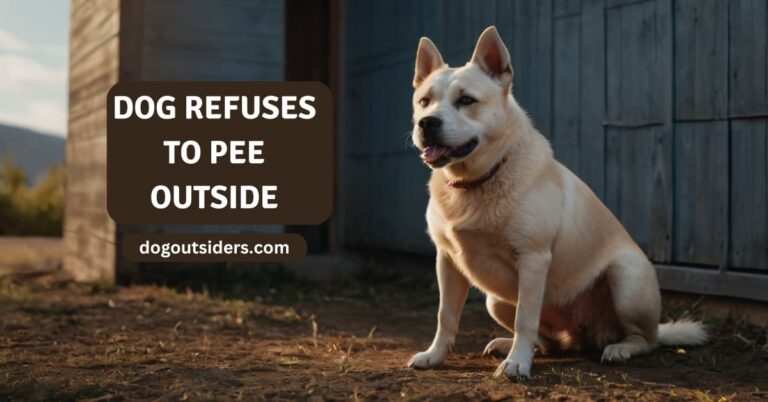
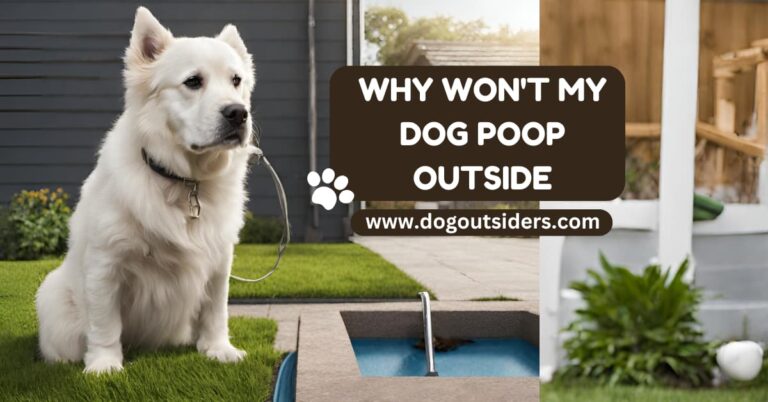



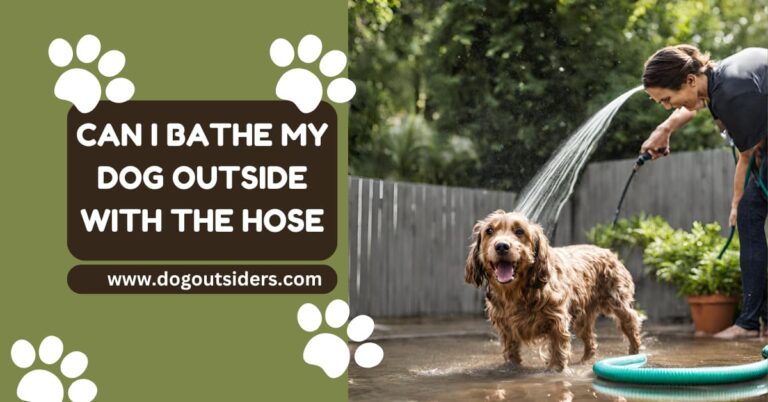
One Comment